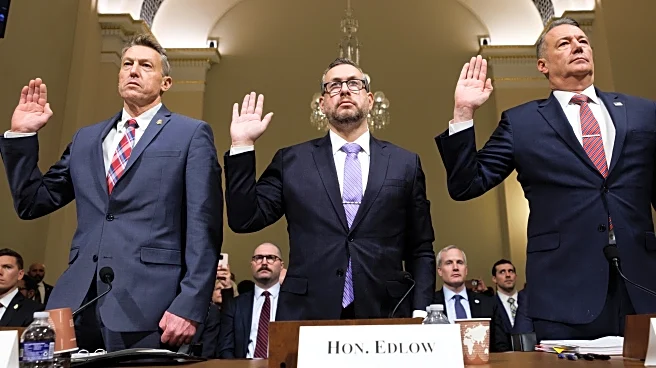Rapid Read • 7 min read
The retail industry is experiencing a significant shift, with store closures surpassing openings for the first time in recent years. According to JLL's Q4 real estate report, over 9,900 retail closures were announced from 2024 through mid-February, compared to just 7,700 openings. The sectors most affected include discount, dollar, drug stores, and apparel. Bankruptcy has accelerated closure announcements, with distressed retailers like Party City and Joann closing numerous locations. Malls are facing increased vacancy rates, currently at 8.7%, the highest among retail property types. Service-based tenants, such as restaurants and healthcare services, are expected to lease more retail space than goods-based tenants, marking a historic shift in the retail property sector.
AD
This trend indicates a major transformation in the retail landscape, affecting various stakeholders. Retailers are adapting to changing consumer preferences, with service-based businesses gaining prominence. The shift could lead to increased demand for retail spaces by service-oriented businesses, impacting real estate dynamics. The closure of big-box stores frees up significant retail space, potentially benefiting service-based tenants. However, the decline in goods-based retail could affect employment and local economies reliant on traditional retail. The shift also reflects broader economic challenges, including bankruptcy and changing consumer habits.
As the retail sector continues to evolve, stakeholders must adapt to the changing landscape. Mall owners may need to redevelop vacant spaces or attract new types of tenants. Retailers might focus on enhancing online presence and diversifying offerings to meet consumer demands. The trend towards service-based tenants could lead to increased investment in sectors like healthcare and fitness. Policymakers and industry leaders may need to address the economic implications of widespread closures and support affected communities.
AD
More Stories You Might Enjoy












